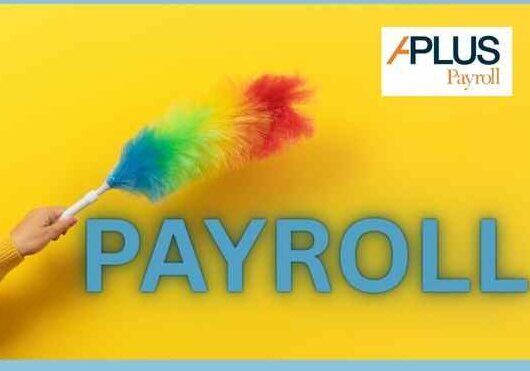What Happened to the Tip Credit Rule for Restaurants?
by Paul Devlin
On August 23, 2024, the Fifth Circuit Court of Appeals vacated the Department of Labor’s so-called “80/20/30” tip credit rule. The decision applies nationwide.
In short, the rule required employers to pay tipped employees the full minimum wage—without a tip credit—for work time that was not directly tip-producing but was only tip-supporting if that work took more than 30 continuous minutes or constituted more than 20% of their workweek. Using a waiter as an example, tip-producing work would include serving patrons, while tip-supporting work would include bussing tables.
Staffing and Scheduling Decisions
With the rule vacated, restaurant owners might reconsider their staffing and scheduling strategies. The flexibility to assign a wider range of tasks to tipped employees without financial penalty can lead to more streamlined operations. Restaurants may choose to cross-train employees to handle both tipped and non-tipped duties, allowing for a more dynamic workforce capable of adapting to varying customer demands.
Balance Between Tipped and Non-Tipped Work
The decision could shift the balance between tipped and non-tipped work for employees. Previously, employees might have been limited in their ability to engage in non-tip-producing tasks, which could affect their earnings potential and job satisfaction. Now, employers have more freedom to structure roles that include a mix of duties, potentially improving the versatility and value of each employee while maintaining cost-effectiveness.
Adjustments for Restaurant Owners
In response to this ruling, restaurant owners should reassess their operational practices. They may need to update employee training programs to ensure staff are capable of performing a broader range of tasks effectively. Additionally, clear communication with employees about their roles and responsibilities will be crucial to prevent confusion and maintain morale.
Takeaways for Employers
The decision significantly simplifies the application of the tip credit under federal law. Employers no longer need to distinguish between tip-producing and tip-supporting work or monitor the time spent performing tip-supporting duties.
However, employers are still subject to local or state laws that are more beneficial to employees or that prohibit tip credits entirely. And as was the case before, employers can’t take a tip credit when an employee performs tasks unrelated to their tipped occupation. For example, if a hotel waiter also does maintenance work, time spent on maintenance is not subject to the tip credit. The DOL may appeal this decision.
The Fifth Circuit Court of Appeals’ decision in Restaurant Law Center v. U.S. Department of Labor was issued on August 23, 2024.
This article does not constitute HR or legal advice. Please contact an HR professional for specific questions or review the ruling above, or read more within the APlus HR Resource center. Please contact your friendly APlus CSS directly or through this link with questions.



